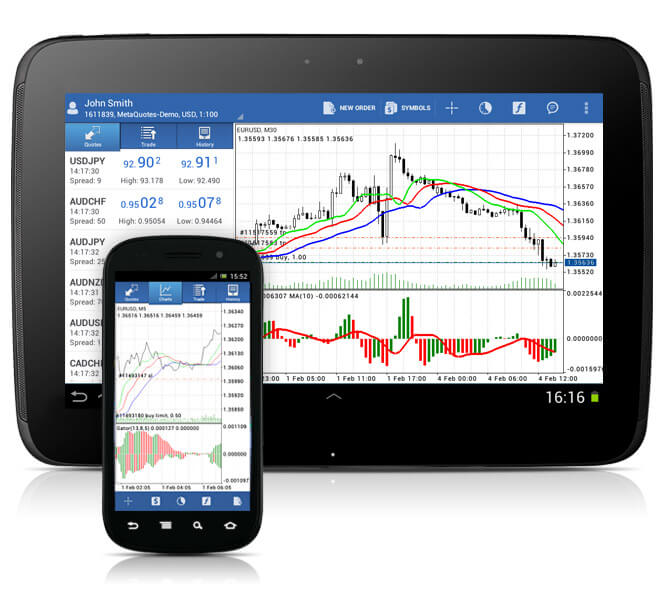In the fast-paced world of emergency medicine, innovation is essential for effective crisis management. Dr Robert Corkern, a leading figure in critical care, exemplifies how forward-thinking strategies can transform emergency medical solutions. His approach to crisis management is characterized by a commitment to advanced care solutions that address both immediate needs and long-term outcomes. By integrating cutting-edge technologies, optimizing care protocols, and fostering collaboration, Dr. Robert Corkern has set a new standard for excellence in critical care.
At the heart of Dr. Corkern’s approach is his emphasis on the integration of advanced technology. In emergency care, swift and accurate diagnosis is paramount, and Dr. Corkern has pioneered the use of state-of-the-art diagnostic tools to enhance patient outcomes. Among these technologies, high-resolution imaging systems such as CT scans and MRI machines play a crucial role. These advanced diagnostic tools provide detailed, real-time images that offer invaluable insights into a patient’s condition. This rapid, precise imaging helps healthcare teams assess complex cases quickly and devise treatment plans with a high degree of accuracy, crucial in time-sensitive situations.
In addition to advanced imaging, Dr Robert Corkern employs real-time data monitoring systems, which continuously track vital signs and other critical health metrics. By closely monitoring these metrics, the healthcare team can detect even the slightest changes in a patient’s condition. This proactive approach allows for immediate intervention, preventing potential complications from escalating. The ability to make data-driven decisions ensures that treatment plans are adjusted in real-time, optimizing patient care and improving outcomes in emergency scenarios.
Beyond technology, Dr. Corkern is known for developing and implementing innovative care protocols that streamline emergency response procedures. These evidence-based guidelines are crafted to maximize efficiency and effectiveness in high-pressure environments. Dr. Corkern regularly updates these protocols, incorporating the latest clinical research and technological advancements. By continuously refining these procedures, he ensures that his practice stays on the cutting edge of emergency care, offering patients the best possible outcomes in times of crisis.
Collaboration is also a key component of Dr. Robert Corkern’s crisis management strategy. Recognizing that complex emergencies often require input from multiple specialties, he fosters a multidisciplinary approach to patient care. This collaborative model ensures that specialists from various fields, such as intensivists, surgeons, and other healthcare professionals, work together seamlessly to address all aspects of a patient’s condition. The result is more coordinated and comprehensive care, leading to better patient outcomes and more efficient use of resources.
A crucial aspect of Dr. Corkern’s approach is his emphasis on patient and family engagement. Understanding that medical crises can be stressful and overwhelming, he prioritizes clear, compassionate communication with patients and their families. Dr. Corkern takes the time to explain diagnoses, treatment options, and the steps involved in care in an accessible and empathetic manner. By keeping patients and their families informed and involved in the decision-making process, he helps reduce anxiety and build trust, enhancing the overall patient experience.
Finally, Dr Robert Corkern is committed to continuous learning and professional development. He regularly participates in education, attends medical conferences, and engages in research to stay updated on the latest developments in emergency medicine. This dedication to learning ensures that his practice benefits from the most current techniques, technologies, and best practices, allowing him to deliver the highest standard of care.
In conclusion, Dr. Robert Corkern’s strategies for advanced care solutions represent a blend of technological innovation, evidence-based protocols, multidisciplinary collaboration, and compassionate communication. By integrating the latest advancements in emergency care, he sets a new benchmark for excellence in crisis management. His approach not only improves the quality of care for patients but also raises the bar for emergency medicine, proving that innovation is the key to delivering superior outcomes in times of crisis.


